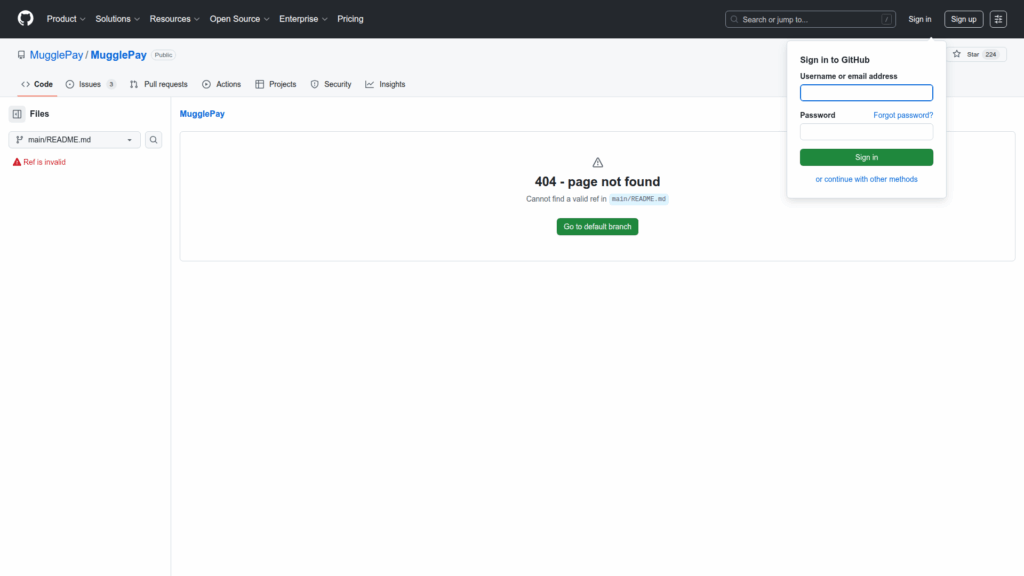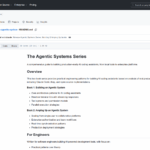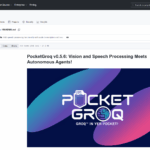MugglePay
Basic Information
MugglePay is a project focused on making payments crypto native. The repository is presented as a platform to help merchants and AI agents accept cryptocurrency payments and to enable commerce using crypto. Its stated goal is to let merchants and AI-driven services take crypto as payment and to help them sell more by integrating crypto payment capabilities into their offerings. The README and repository signals emphasize merchant adoption and enabling AI agents for transactions rather than specific implementation details. The audience appears to be online merchants, e-commerce platforms, and developers building AI agents that need to accept or route crypto payments.
Links
Stars
225
Language
Github Repository
Categorization
App Details
Features
Based on the repository description, key aspects include enabling crypto payments for merchants and providing integration points for AI agents to accept crypto. The project emphasizes crypto-native payment flows, merchant-facing acceptance of digital assets, and commerce enablement to increase sales. It likely focuses on payment interoperability across merchant systems and AI services and highlights making crypto payments straightforward to adopt. The README does not list concrete APIs, SDKs, or protocols, so the features are described at a conceptual level: merchant payment acceptance, agent integration, and tools to support selling with crypto.
Use Cases
MugglePay aims to lower the barrier for merchants and AI agents to accept cryptocurrency, which can expand payment options and reach new customers. By positioning payments as crypto-native, the project seeks to simplify accepting digital assets and potentially increase conversion or sales for merchants that adopt it. For AI agent developers, MugglePay promises an avenue to monetize agent actions by integrating crypto payment acceptance. The repository description frames the benefit as commercial: enabling commerce with crypto and supporting merchants and agents to sell more without providing technical specifics in the README.








